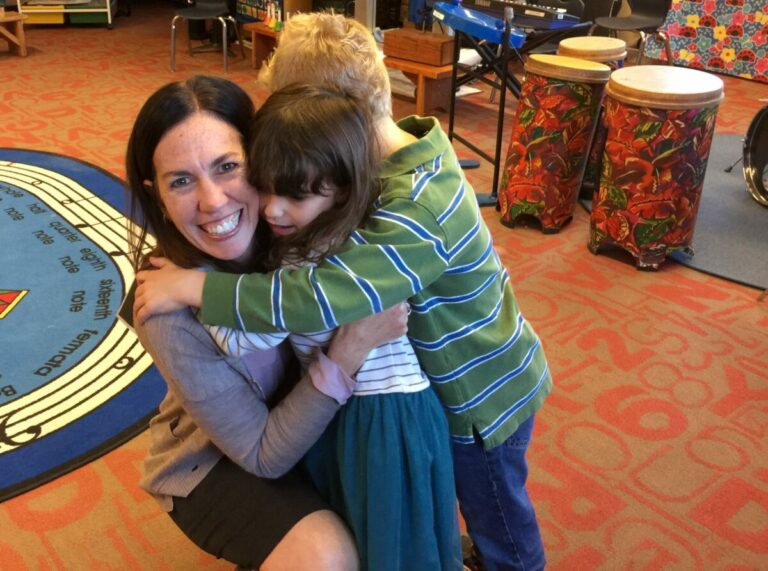Shaping the future of education: Join the vanguard of innovation

Did you know that in 2024, K12 public education will have 1.9 million fewer students since the pandemic began? On average, the loss of just four students equates to the salary of one teacher. These insights, among many others, were explored at the recent DALI Executive Retreat in Napa, where nearly 100 school districts came together to strategize and navigate the future of public education.
During his keynote address, Dr. Barron Davis reminded attendees of the value of being a VUCA leader, saying, “If you think every day isn’t a great day, try missing one.” This sentiment resonated deeply as DALI’s recent study on school district strategic plans revealed the urgent need for innovative leadership in education. The study had two main objectives:
- To explore the commonalities and differences across various geographic settings and contexts.
- To clarify the strategic frameworks that districts use to organize their initiatives.
The DALI report underscores the crucial role of strategic plans in guiding educational practices, highlighting current trends, challenges, and opportunities. More importantly, it provides a roadmap for innovative leaders to shape the future of education.
Introducing the SCIP Framework
The study has laid the groundwork for a new cohort of leaders organizing around the SCIP Framework—Systems, Culture, Instruction, and People. During the retreat, leaders devised new strategies for each area within the framework:
- Systems: Investing in systems and practices that support administrative, logistical, fiscal, or educational management. Dr. Quintin Shepherd reflected during his keynote address, “Our systems have to be better than perfect,” served as a guiding principle.
- Culture: Supporting individual and collective conditions that enhance student outcomes, including health and well-being, engagement, relationships, safety, and supportive norms.
- Instruction: Aiming for academic achievement through quality teaching and conducive learning conditions. Keynoter and VP for Education at District Administration, Amy Dujon emphasized that “A compelling and clear instructional framework is the foundation of aligned teaching & learning.”
- People: Attracting, developing, and supporting effective educators and staff members.
Why This Matters
First graders entering school today will witness unprecedented technological advancements that educational leaders must start planning for now. From Generative AI to personalized learning platforms, these innovations will transform education. According to the article “The Future of Education: Trends and Innovations,” the integration of AI and machine learning can tailor educational experiences to meet individual student needs, increasing engagement and outcomes. With only 48% of students currently feeling excited about learning, it’s crucial to create engaging and adaptive educational experiences.
A Collaborative Effort for the Future
Leaders at the retreat utilized a customized LMS to engage in collaborative activities, sharing tools, resources, and strategies. They identified key goals and developed action plans to address challenges, set future objectives, and implement effective leadership practices. The emphasis was on strategic planning, effective communication, and fostering a positive organizational culture.
Call to Action
Join our national multi-year scenario planning cohort and be at the forefront of educational innovation! Collaborate with fellow leaders to craft durable, forward-thinking strategies that will shape the future of education. By participating, you will gain access to exclusive tools, resources, and a supportive community dedicated to enhancing student outcomes.
Don’t miss this opportunity to make a lasting impact on education. Visit here to learn more and sign up for the cohort today. Together, we can build a brighter future for our students and schools.







